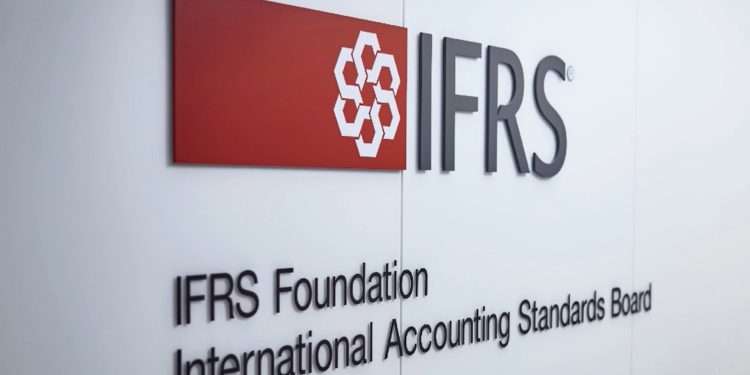Guidelines for Company Material Information Sustainable Disclosure
International Sustainability Standards Board (ISSB) releases guidelines for company material information sustainable disclosure, aimed at helping them understand how to disclose material information.
ISSB has released two sustainable international standards, IFRS S1 and IFRS S2, and the guidelines will help stakeholders understand these two standards deeply.
Related Post: Deep Dive on IFRS General Requirements for Disclosure of Sustainability-related Financial Information
Definition and Application of Material Information
The definition of material information in IFRS S1 is: in sustainability related financial disclosures, if the omission, misstatement, or concealment of information can reasonably be expected to affect the decisions made by report users based on these reports, then the information is considered material. Companies need to ensure that material information meets the information needs of stakeholders and provide this information to describe sustainability related risks and opportunities. If a certain information does not belong to material information, it does not need to be disclosed.
The definition of material information is similar to that in IFRS Accounting Standards, and companies need to make judgments based on the sustainable and financial characteristics of the information. A certain information may be considered material information in sustainable assessment, but not in financial assessment. Companies need to consider whether the users of this information (such as investors, creditors, etc.) need it to make decisions.
Material Information and Sustainable Risks and Opportunities
IFRS S1 requires companies to disclose substantial information about the risks and opportunities related to sustainable development that can be reasonably expected to affect the company’s cash flow, financing channels, and cost of funds in the short, medium, and long term. Companies need to analyze sustainable risks and opportunities based on stakeholder analysis of the value chain. IFRS S1 recommends that companies consider the Sustainability Accounting Standards Board (SASB) standards for identifying sustainable risks and opportunities.
IFRS S1 also provides some sources of information to help businesses identify sustainable risks and opportunities. Companies can refer to the Climate Disclosure Standards Board Framework Application Guidelines to assess potential risks and opportunities for biodiversity and water resources. Companies also provide reference to guidelines issued by their jurisdictions, or consider information disclosure from other companies in the same industry or region.
How to Identify and Disclose Material Information
In order to assist businesses in identifying and disclosing material information on sustainability related risks and opportunities, the ISSB provides a specific four-step process:
- Confirm information that may have sustainable risks and opportunities: Companies need to identify information related to sustainable risks and opportunities that will meet the needs of stakeholders. Companies can refer to the information sources provided by IFRS S1 and combine them with their own industry and business activity characteristics to obtain potential material information sets.
- Assess whether information is material: Companies need to filter material information from the information sets and measure the impact of information from both qualitative and quantitative perspectives. Companies also need to consider whether this information will bring uncertain results in the future, and regularly consider whether the assumptions and basis of material measurement methods need to be adjusted.
- Include information in sustainability related financial disclosure drafts: Companies need to clearly and concisely include material information in sustainability related financial disclosure drafts, and consider whether to summarize and decompose the information. If specific information is necessary for stakeholders, even if the standards do not require disclosure, companies should disclose this information.
- Review of sustainability related financial disclosure drafts: Companies need to review sustainability related financial disclosure drafts to confirm whether they contain all material information and ultimately obtain sustainability related financial disclosure documents.
Reference:
IFRS Foundation Publishes Guide to Help Companies Identify Sustainability-related Risks and Opportunities and Material Information
ESG Advertisements Contact:todayesg@gmail.com








